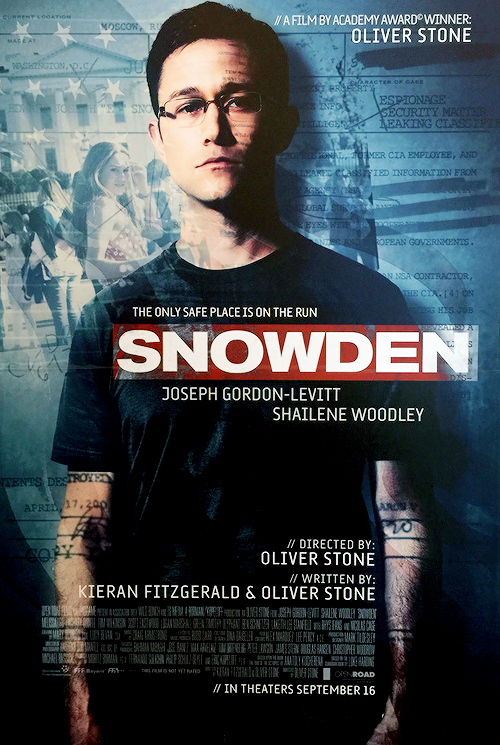Snowden: A Look Beyond The Code
September 6, 2016
Edward Snowden, in recent years, has become eminent as both one of the most heroic and sinister whistle-blowers of the 21st century.
Attracting exceptional attention from both sides of the public and political spectrum, his spotlight on the global stage had become profoundly apparent following his public leak of concealed information regarding a mass global surveillance program conducted by the National Security Agency of the United States.
The program itself, entitled “PRISM”, operated by monitoring, documenting, and recording the private information of American citizen. They did it through phone records and servers of prominent networking companies, including Microsoft, Apple, Facebook, and Google, just to name a few.
On the legal side, the basis of this activity is focused around a licit pinnacle known as the Foreign Intelligence Surveillance Act of 1978 Amendments Act of 2008, which further permits the government to crack into personal information of U.S. citizens.
This legislation, as well as many other components of the USA Patriot Act, have flaunted an undeviating public image of security and stability for years.
Snowden, discovering this valuable injustice to society, and debatable violation of the fourth Amendment, retrieved all insight to this operation and reported it directly to the American press – leaking the knowledge of the NSA’s collection of private phone records and information to the public eye.
Many consider the man a patriot; a heroic knight in shining armor who had exposed the filth, and undertones of oppression and immorality that the government has harnessed and wielded on its people for years.
Others see him as a traitor and spoiler of classified government material who had not only put the nation at risk within its own borders, but at risk on the global stage, and believe he should be tried and punished for his actions.
All of this technological controversy has not only impacted our news, our politics, and our personal lives, but has even inspired a full-length, feature film displaying the inner-workings of these events, and the acts that took place in order to achieve the spectacle status it has earned.
Critically acclaimed film director, Oliver Stone, began developing “Snowden” in 2014. Now aiming for its September 2016 release, the movie attempts to not only draw people into the dramatic saga of loyalty, raw intelligence, and revelation, but presents its viewers with a look past the smoke and mirrors of normal political rhetoric, and reveals an account dissented by the common hustle-and-bustle of mainstream media coverage.
Its unique theme further covets the liberty we possess as a people, and begs the integration of Benjamin Franklin’s ever-famous sentiment, “Those who would give up essential Liberty, to purchase a little temporary Safety, deserve neither Liberty nor Safety.”
Society must view Edward Snowden’s actions from a different perspective; not simply seeing a man that exposed a top secret operation to the world in order to benefit himself or an immoral agenda, but a man that is bringing recognition to the preservation of lost freedoms that American citizens have simply forfeited in exchange for alleged “security” from outside opposition.
Private statements, images, and documents were unknowingly torn from the clutches of a citizenry promised that they’d be receiving the contrary. Political technicalities have refocused the basis of this debate from exposing a blatant violation of our rights, to protecting a large and expanding government’s oppressive, tyrannical operations.
When finalizing this analysis, one can look upon the repertoire of depictions that people and the media have spun for Snowden, and in conclusion, can simply determine that perhaps, after all, a whistle-blower wasn’t what the federal government wanted, but in turn, was exactly what the American people needed.







